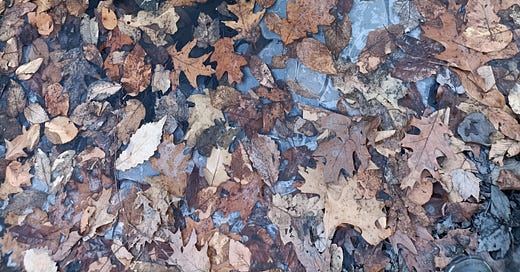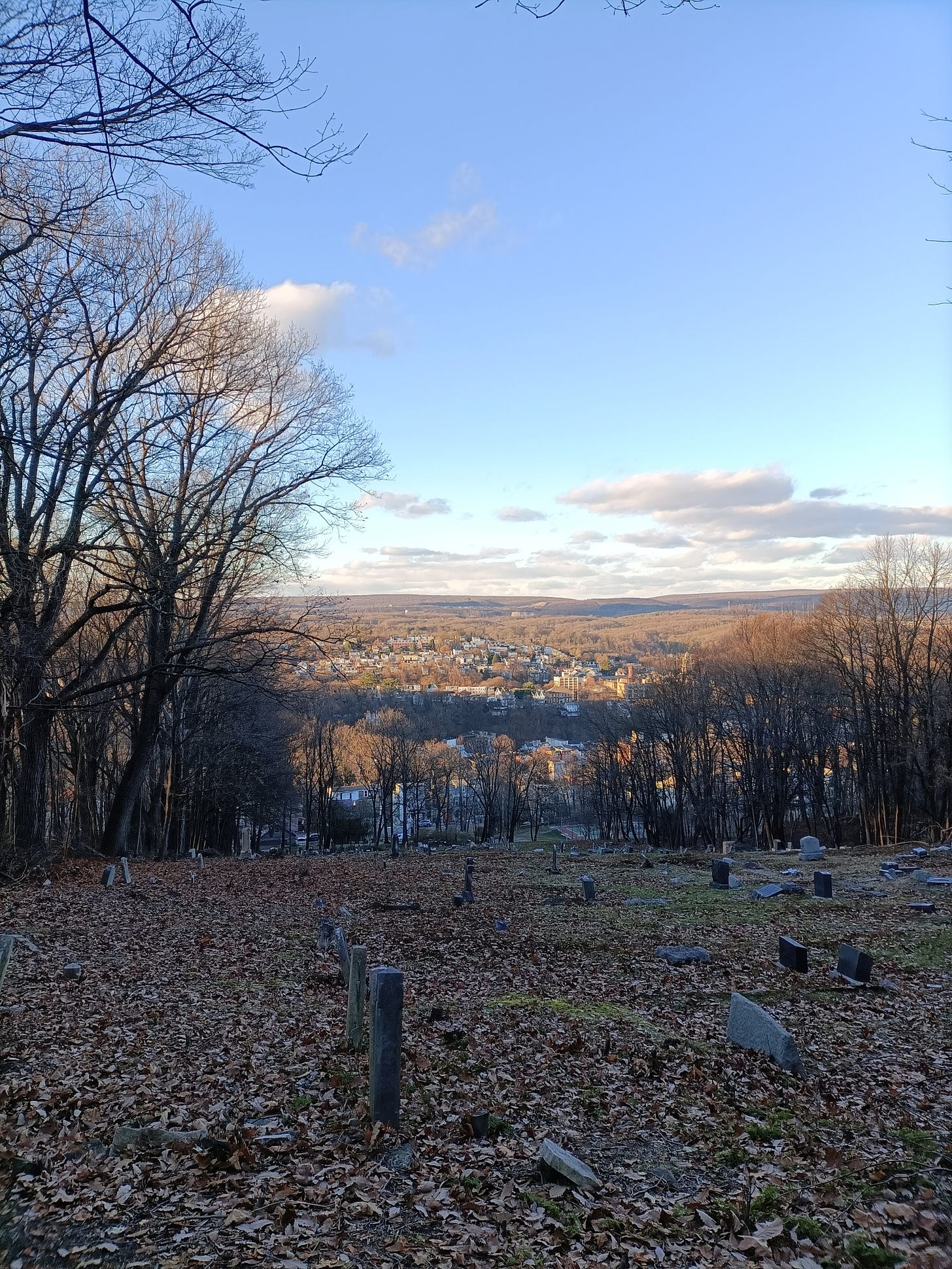We are backwards in the anthracite region. Hard working, but backwards. We step back and let others lead the way. Our reputation was made more than a century ago, “good machines in the hands of competent directors, … obedient and amenable to discipline, courageous and willing to work, prodigal of physical strength, capable of great physical endurance.” The man who wrote those words once worked as a coalminer himself. His name is Peter Roberts, born in South Wales in 1859. In 1883 he emigrated to the United States, in 1886, earned a PhD from Yale. He went on to devote years of his life to the anthracite mining communities of eastern Pennsylvania, a 500-square piece of land that contains 95% of the nation’s anthracite coal. It is a miniscule part of the American nation, whose prosperity is built on its back.
That was a long time ago, the “iron age” of the industrial revolution, when hard coal better than any other fuel, was used for firing giant furnaces, powering trains, smelting steal. Without that tiny patch of land, where at the start of the 20th century, 70% of the population were immigrants, the United States could not have industrialized with such speed or become a world economic power. Not without anthracite, without the miners, without my ancestors, without that rape of the land, as brutal as any rape on a human body, as lasting in its aftereffects.
A few years into the 20th century, it was over. Gas and oil replaced hard coal, too difficult to extract (which explains why the resources remain in the ground today). The region was abandoned. Its inexorable decline began.
Peter Roberts already saw it in 1904 and wrote, “The huge culm and rock heaps, polluted streams, bare and barren hills, cave-ins and strippings, make up the landscape… In these regions hardly a spot can be found in the villages and towns that is not cursed.”
By the 1920’s, slow death was underway. Anthracite is the hardest, cleanest-burning of coals, a fuel far superior to bituminous or lignite; the queen of coals, you might say. So you rape her, you pummel her, you wipe the smile off her face, the sparkle out of her eyes, crush her last scrap of beauty and then, after a few direct kicks to the heart and lungs, you turn your back and walk away.
That’s how it was done in the Skook. That’s how the locals call Schuylkill County, where I was born. “Schuylkill,” Hidden River, sheltered waters, a Dutch name that replaced the Lenape name of “Ganshowahane,” roaring waters, when in 1609 an expedition led by Henry Hudson began heading northwest along an unexplored river at what is today the confluence of the Schuylkill and the Delaware. This was before William Penn, before Pennsylvania, before the Lenape were pushed far west and north to Oklahoma, Wisconsin, Ontario.
The Skook was a wilderness for the Dutch, a land of abundant forests, waters and game for the Lenape, and until anthracite became vital to the American economy, for Europeans at least, a wilderness it remained. Then the ground was ravished, its innards destroyed, its people passed over by the prosperity they produced, their role, largely unrecognized.
By the early 21st century, here is how people from the Skook thought about themselves, according to MisterCrrunchy, who posted the following description of Schuylkill County on the site of Urban Dictionary in 2003, it is a “shithole county deep in the Appalachian Mountains populated by hillbillies, trailer-park trash and shoppers who spend their time at Walmart and at the Dollar Store.” In 2024, still only one Walmart in the county, but Dollar Stores are popping up everywhere.
That’s where I’m from, the banks of the Schuylkill, upstream, almost at the source. I live a back-and-forth life.
In 1991, I moved to Paris, France. I took the Skook to the Seine, the Seine to the Skook, mingled the two waters. I learned to speak French like a native, got myself a very good job, climbed the social ladder, pulled the wool over some very sophisticated French eyes. To this day they take me for some kind of blue-blood American aristocrat.
I fooled them but I didn’t fool myself. Once the Skook gets in your veins, it’s pretty hard to get it out.
This is not an expat story. I came, I stayed, though I wouldn’t say I conquered. The coal dust in my blood rules out that kind of thing. But I brought the Skook to France and France to the Skook.
Follow me on my journey and you’ll find out how it’s done, how a coal-cracker from the black hills of northeastern Pennsylvania convinced the French she was (almost) one of them.






